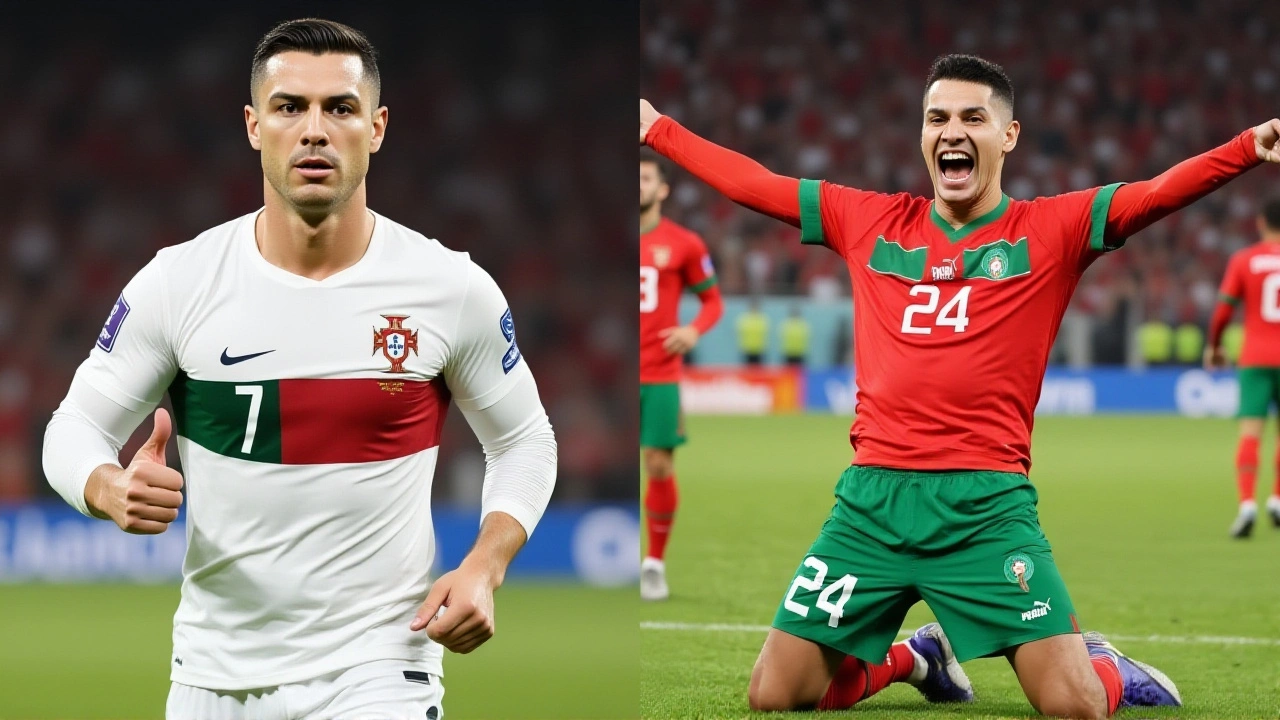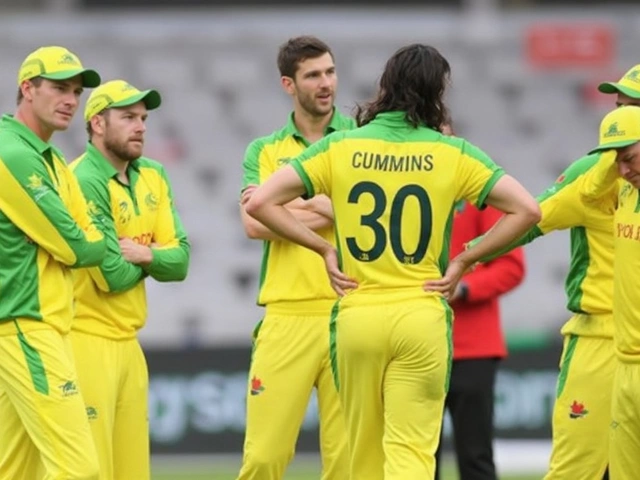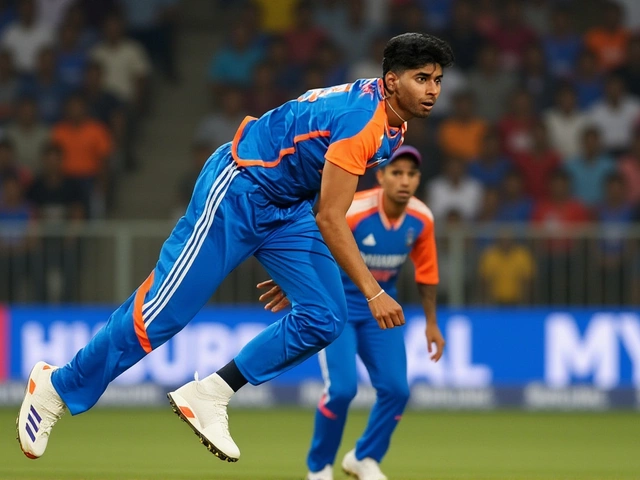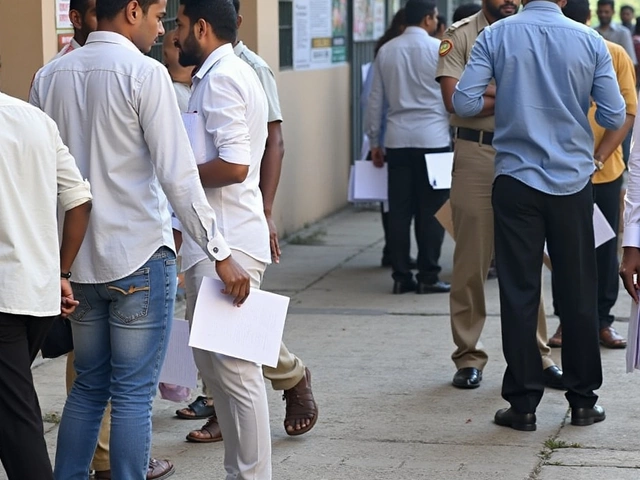On a chilly December evening in Doha, the 2022 FIFA World CupAl Thumama Stadium erupted not with the roar of a football giant, but with the stunned silence of a fallen titan. Morocco, a team few expected to survive the group stage, sent Portugal packing with a 1-0 win — and in doing so, rewrote the history books. The goal? A thunderous header by Youssef En-Nesyri, 25, the Sevilla striker whose 42nd-minute finish didn’t just win a match — it shattered a 92-year barrier. For the first time ever, an African nation reached the World Cup semifinals. And with it, the dream of an entire continent took flight.
A Nation That Refused to Lose
Morocco didn’t just win. They defended like a fortress built on grit. Across five matches, they conceded exactly one goal — an own goal by defender Nayef Aguerd against Canada. Zero from open play. That’s unheard of in modern World Cup history. Their backline, anchored by goalkeeper Yassine "Bono" Bounou, held firm against Spain’s tiki-taka in the round of 16 and then dismantled Portugal’s star-studded attack. When Cristiano Ronaldo finally came on in the 51st minute, the stadium held its breath. He had 20 minutes to change history. He didn’t. Bono saved his late shot. Pepe missed a sitter in stoppage time. Bruno Fernandes hit the crossbar. It wasn’t just luck. It was discipline.Coach Walid Regragui, appointed just three months before the tournament, didn’t have a squad of billionaires. He had heart. He had structure. He had players like Sofyan Amrabat, who ran 12 kilometers a game, and Achraf Hakimi, whose speed on the right flank terrified Portugal’s defense. This wasn’t a team built on names. It was built on unity.
Ronaldo’s Last Dance — and the Weight of a Legacy
At 37, Cristiano Ronaldo had already rewritten the record books. Seven Ballon d’Ors. Over 800 career goals. The only man to score in five World Cups. But on this night, he was a ghost in his own finale. Manager Fernando Santos benched him for the second straight game — a decision that drew gasps. The logic? Ronaldo’s pace was gone. His finishing, erratic. And yet, when he finally stepped onto the pitch, the world watched. He had chances. He had space. He had time. But Morocco’s defense, organized and relentless, never let him breathe. When he curled a shot toward the top corner in the 88th minute, Bono was there — calm, composed, perfect. The ball kissed his gloves and rolled wide. No celebration. No tears. Just silence.It was the end of an era. The 2026 World Cup will come when Ronaldo is 41. Will he return? Probably not. But even if he does, this match will be remembered as his last real chance — and the night the world finally stopped looking up to him, and started looking at someone else.
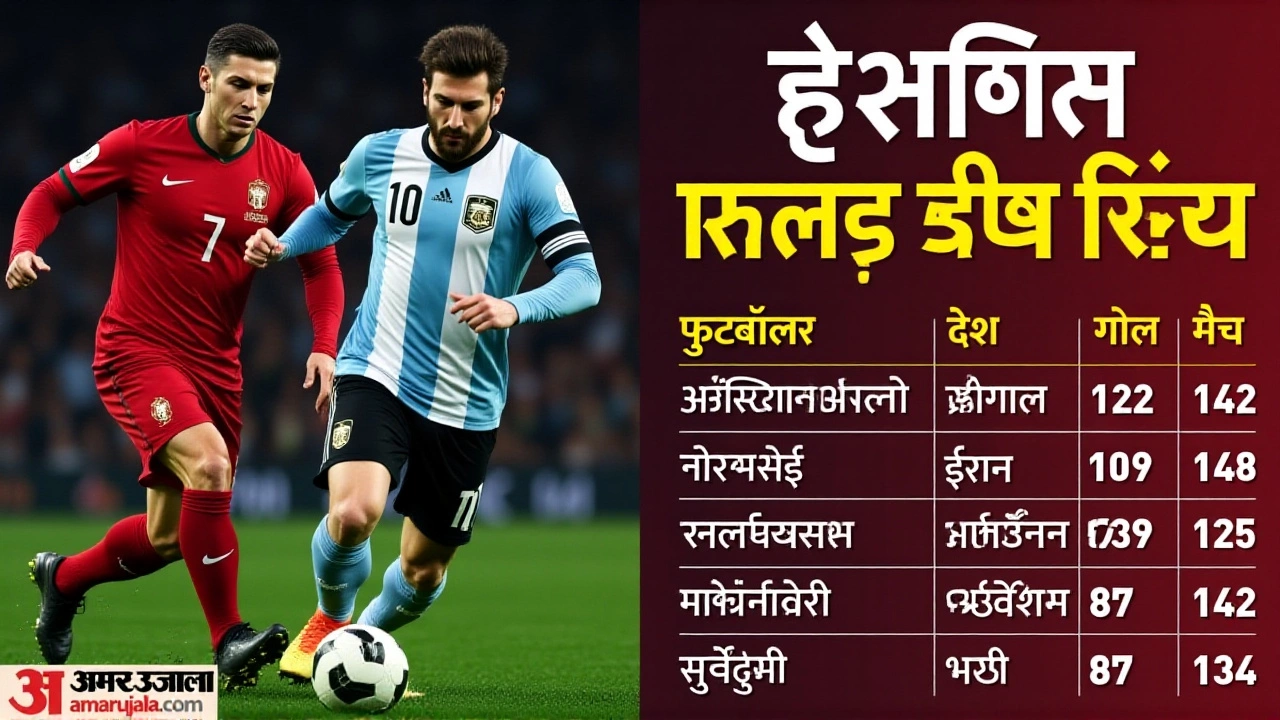
The Ripple Across Africa and the Arab World
In Casablanca, in Cairo, in Dakar, people poured into the streets. Flags waved. Drums beat. Children danced in front of TV screens. This wasn’t just about Morocco. It was about Africa. For decades, African teams have been dismissed as underdogs, overpowered, outclassed. But Morocco proved that with tactical intelligence, collective will, and fearless defending, you don’t need to be the most expensive team to be the most dangerous. They beat Belgium. They beat Spain. They beat Portugal. All without a single goal from open play conceded.“This is bigger than football,” said a fan in Doha, wrapped in a Moroccan flag. “We’re not just playing for ourselves. We’re playing for every kid in the slums who was told they couldn’t dream this big.”
The Arab world, too, found its voice. For the first time, an Arab nation reached the semifinals. And they did it with a squad made up of players raised in Europe — in Spain, in France, in Belgium — who chose to represent Morocco. That’s the power of identity. That’s the power of belonging.
What’s Next? A Date With Destiny in Al Khor
Morocco’s next challenge? The winner of England vs. France — a match that would decide whether they faced the tactical genius of Didier Deschamps or the relentless energy of England’s young guns. Either way, they were no longer the underdogs. They were the team everyone feared. The semifinal would be played on December 14, 2022Al Bayt Stadium in Al Khor, under the same desert stars that watched their journey begin.What made this run so special wasn’t just the results. It was the way they achieved them. No flashy transfers. No billionaire owners. Just a coach who believed, a team that trusted each other, and a nation that refused to be invisible.
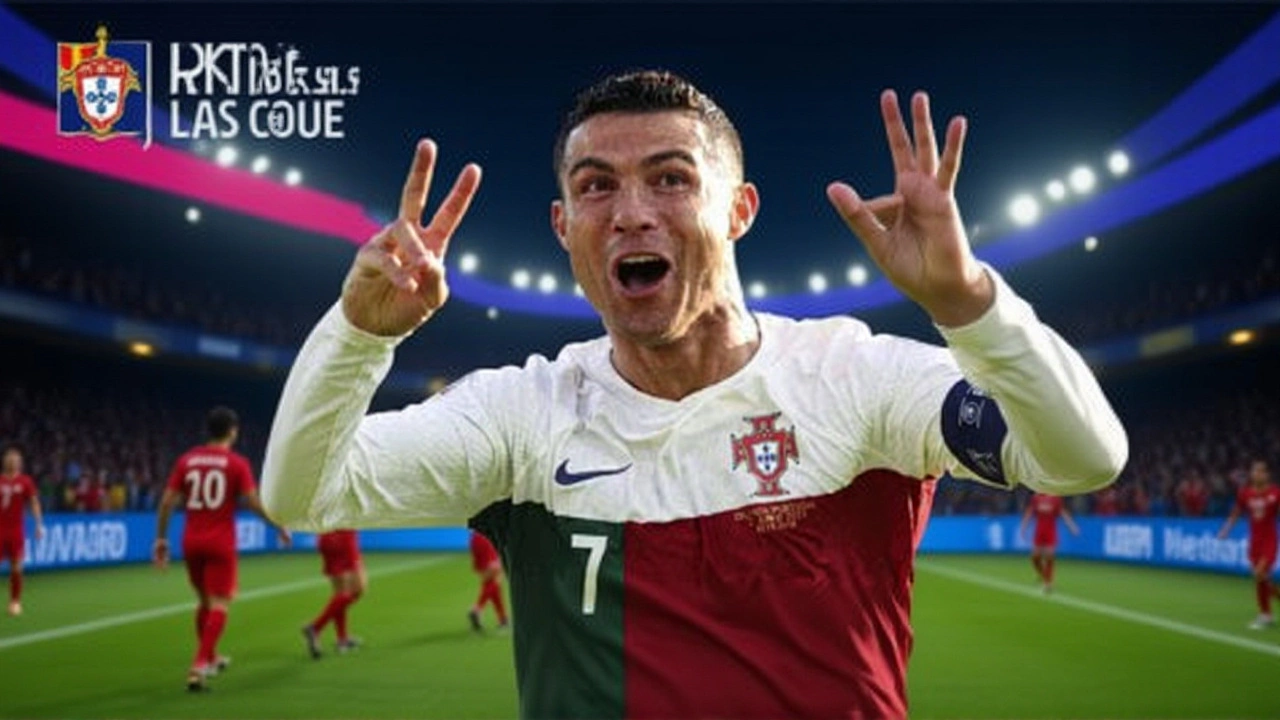
Background: The Road to History
Morocco’s path to the semifinals was a masterclass in resilience. They opened with a 0-0 draw against Spain, then beat Canada 2-1. Their 2-0 win over Belgium on November 27 was a statement — a team with no stars defeating a top-5 ranked side. Then came the round of 16: a 0-0 stalemate with Spain, followed by a penalty shootout win — 3-0 — that sent the Spanish home in tears. Each win built momentum. Each clean sheet added belief. And then came Portugal.Portugal had won their last three World Cup quarterfinals — in 1966, 2006, and 2010. They were favorites. They had Ronaldo. They had Fernandes. They had a squad with 14 players from Europe’s top five leagues. But Morocco had something they didn’t: a mission.
As Walid Regragui said after the match: “We didn’t come here to make history. We came here to play football.”
Frequently Asked Questions
How did Morocco manage to reach the semifinals without conceding an open-play goal?
Morocco’s defense, led by goalkeeper Yassine Bounou and center-backs Nayef Aguerd and Romain Saïs, played a compact 4-2-3-1 formation with extreme discipline. They never chased the ball, always held their shape, and forced opponents into low-percentage shots. Their only goal conceded came from an own goal by Aguerd against Canada — making them the first team in World Cup history to reach the semifinals without allowing a single goal from open play across five matches.
Why was Cristiano Ronaldo benched for two games in a row?
Portugal’s coach Fernando Santos made the controversial call to rest Ronaldo due to his lack of mobility and sharpness in front of goal. Ronaldo had gone goalless in the group stage, and Santos prioritized pace and movement over experience. The decision paid off in the group stage, but the 51st-minute substitution against Morocco came too late — Ronaldo had no space, no rhythm, and no support to make an impact.
Who is Walid Regragui, and why is his coaching achievement so remarkable?
Walid Regragui, 47, was appointed Morocco’s head coach in August 2022 — just three months before the World Cup began. He had no prior international coaching experience, having only managed Wydad AC in Morocco’s domestic league. Yet he transformed a squad of underdogs into semifinalists, blending tactical discipline with cultural unity. No coach in World Cup history has reached the semis in their first tournament with such limited preparation time.
What does this mean for African football moving forward?
Morocco’s run has shattered the myth that African teams can’t compete with Europe’s elite on tactical grounds. It proves that with smart coaching, unity, and defensive intelligence, African nations can not only compete — they can win. This result will boost investment in youth academies across the continent and inspire a new generation to believe they belong on the biggest stage.
Did Morocco’s win have any political or cultural significance beyond sports?
Absolutely. Morocco’s team included players raised in Europe who chose to represent their ancestral homeland — a powerful symbol of identity and pride. For the Arab world, this was a rare moment of collective celebration across 22 nations. Social media trends exploded with #MoroccoAtTheSemis, and leaders from across the region publicly congratulated the team. It was more than a match — it was a cultural awakening.
What’s the historical context of African teams in World Cup semifinals?
Before Morocco in 2022, no African team had ever reached the World Cup semifinals. Cameroon in 1990 and Senegal in 2002 both made the quarterfinals, but fell short. Ghana nearly did in 2010, missing a last-minute penalty in the quarterfinal against Uruguay. Morocco’s achievement isn’t just a first — it’s a quantum leap in what’s possible for African football on the global stage.
